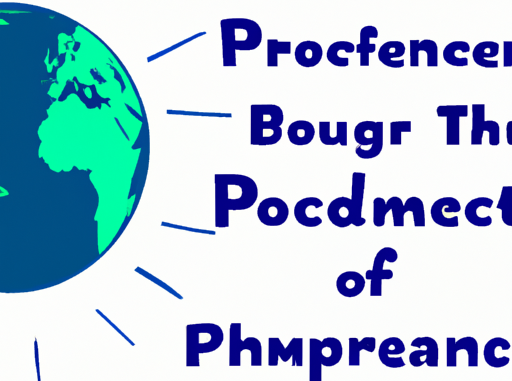
The Impact of Project-Based Learning on Student Engagement and Achievement
Project-Based Learning (PBL) is an educational approach that has been gaining traction in recent years as educators search for methods to increase student engagement and achievement. Unlike traditional instructional strategies, PBL focuses on student-driven projects that require planning, research, and problem-solving to culminate in a final product or presentation. This method not only aims to improve academic performance but also to enhance essential life skills such as critical thinking, collaboration, and time management.
What is Project-Based Learning?
In PBL, students are presented with complex questions or challenges that require them to engage in a rigorous, extended process of inquiry and problem-solving. These projects are often multidisciplinary, combining elements from subjects such as mathematics, science, history, and language arts. The goal is to create a more dynamic and interactive learning environment where students take ownership of their education.
Student Engagement
One of the major benefits of PBL is its ability to increase student engagement. Traditional teaching methods often involve passive learning, where students listen to lectures and take notes with limited interaction. In contrast, PBL requires active participation and collaboration. Students work in groups to explore real-world problems, making the learning experience more relevant and interesting.
Research has shown that students involved in PBL are more motivated and take a greater interest in their studies. For example, a study by the Buck Institute for Education found that students participating in PBL displayed higher levels of enthusiasm and were more likely to retain information long-term compared to those in traditional classrooms.
Academic Achievement
PBL has also been linked to improved academic outcomes. By engaging in projects that require critical thinking and problem-solving, students develop a deeper understanding of the subject matter. According to a study published in the Journal of Educational Psychology, students who participate in PBL score higher on standardized tests and exhibit better comprehension of complex concepts.
Furthermore, PBL prepares students for the demands of the 21st-century workforce. Skills such as teamwork, communication, and project management are integral to the PBL process and are highly valued in virtually all professional fields.
Real-World Application
One of the unique features of PBL is its emphasis on real-world application. Unlike traditional methods that often focus on rote memorization, PBL encourages students to apply their knowledge to solve actual problems. This not only enhances their understanding but also makes the learning experience more meaningful.
For instance, a PBL project in a biology class might involve students working to develop a sustainable garden, integrating knowledge from biology, environmental science, and economics. Such projects allow students to see the relevance of their education in addressing real-world issues.
Challenges and Considerations
While the benefits of PBL are numerous, the approach is not without its challenges. Implementing PBL requires careful planning and a shift in the traditional role of the teacher from information provider to facilitator. Additionally, students who are accustomed to passive learning may initially struggle with the increased responsibility and self-directed nature of PBL.
To successfully implement PBL, educators must provide adequate support and resources. This includes professional development for teachers, access to technology, and a curriculum that allows for flexibility and creativity.
Conclusion
Project-Based Learning holds significant promise for enhancing student engagement and achievement. By shifting the focus from passive learning to active, student-driven projects, PBL not only improves academic performance but also equips students with essential life skills. As educators continue to explore innovative teaching methods, PBL stands out as a powerful tool for preparing students for both academic and real-world success.
PhDr. Pavel Bartoš, LL.M., DBA (Evropská akademie vzdělávání / European Academy of education)
Leave a Reply